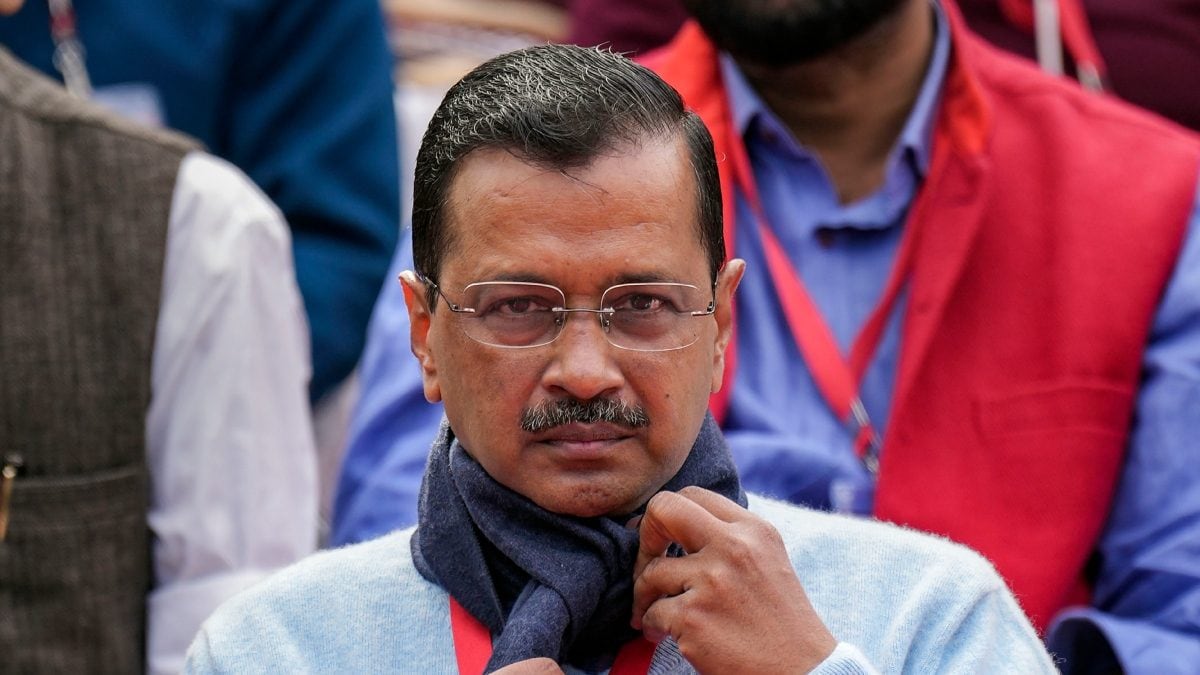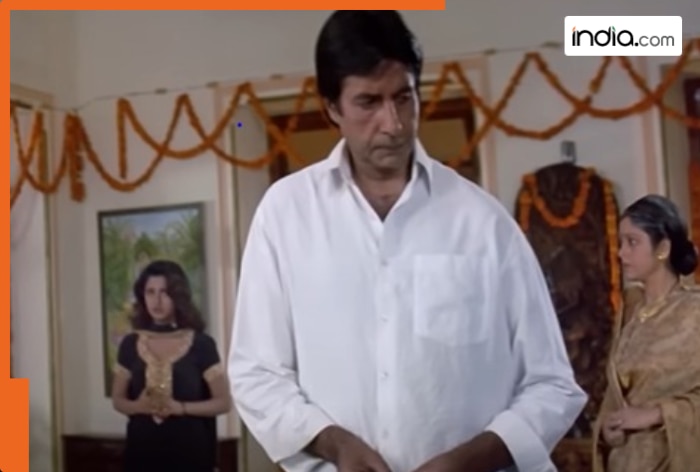Delhi Chief Minister Arvind Kejriwal was arrested on March 21. (PTI file photo)
Political attacks aside, what may create hurdles for Arvind Kejriwal to carry out his Chief Ministerial duties once he is out of Tihar Jail are a set of strict conditions imposed on him by the apex court in the Enforcement Directorate’s (ED) case
As the Supreme Court (SC) granted Delhi Chief Minister and Aam Aadmi Party (AAP) chief Arvind Kejriwal bail in the Central Bureau of Investigation’s (CBI) case related to the alleged excise policy scam, one question remains — Will he resign as the Chief Minister (CM)?
ALSO READ | Why AAP Chief Arvind Kejriwal’s Bail May Not Be Good News For Congress Ahead Of Haryana Elections
The basis of this question are the strict conditions imposed on him by the Supreme Court in the ED case that will be detrimental to performing his duties as the CM and the Bharatiya Janata Party’s (BJP) demand that he should step down.
NOT ACQUITTED, SHOULD RESIGN, SAYS BJP
After the SC reprieve, BJP spokesperson Gaurav Bhatia, a lawyer, hit out at the Delhi CM. “Kejriwal never got relief from any court and no charges have been quashed. He has not been discharged. There is no question of acquittal because the trial will continue. The AAP has to answer why Arvind Kejriwal is not resigning.”
The BJP on Friday used terms like “kattar beimaan”, “jail wala CM” and “bail wala” CM for the AAP chief.
Bhatia isn’t alone. The Delhi unit of the BJP, too, demanded that the CM’s seat should be vacated. Delhi BJP chief Virendra Sachdeva said, “We urge that if he has any morality left, he should resign immediately. Kejriwal and the AAP have no moral character. They are far away from the true sense of ‘Satyameva Jayate’.”
SC’S STRICT CONDITIONS
Political attacks aside, what may create hurdles for Kejriwal to carry out his Chief Ministerial duties once he is out of Tihar Jail are a set of strict conditions imposed on him by the apex court in the Enforcement Directorate’s (ED) case.
One of the leading conditions is he cannot visit the Chief Minister’s office which is at the Delhi Secretariat. A solution to this would be working out of home. However, the SC has also restricted him from signing on any official file. These would virtually make him a Chief Minister without the powers to discharge duties.
ALSO READ | ‘CBI Must Show It’s Uncaged Parrot’: Justice Bhuyan Says Kejriwal’s CBI Arrest Was To Frustrate Bail In ED Case
Bhatia claimed, “Kejriwal’s passport will be with the SC and he cannot go on foreign visits. Kejriwal has to report in front of the investigation officer every Monday and Thursday, twice a week. He cannot speak to the witnesses.”
Moreover, Kejriwal also cannot comment on the Delhi excise policy case or hold interactions with witnesses or see the case files. This means, he cannot use his jail time in this case as an emotional appeal in the Haryana poll campaign where the AAP is hoping to make an entry.
QUESTION OF PROPRIETY
In addition to the BJP’s pressure and steep conditions imposed by the SC in his bail in the case pertaining to the Enforcement Directorate (ED), what may mount further pressure on Kejriwal to consider stepping down as the CM is the earlier observations of the top court.
On July 12, when the SC granted Kejriwal interim bail in the case, BJP MP and lawyer Bansuri Swaraj had claimed the SC had “indicated that whenever a constitutional functionary is involved in such a crime, he has to resign from his post”.
ALSO READ | ‘Satyamev Jayate’: AAP Celebrates Arvind Kejriwal’s Bail, BJP Says It Isn’t Acquittal
The order read, “We are conscious that Arvind Kejriwal is an elected leader and the Chief Minister of Delhi, a post holding importance and influence. We have also referred to the allegations.”
The apex court, however, had left it to his conscience by saying, “While we do not give any direction, since we are doubtful whether the court can direct an elected leader to step down or not function as the Chief Minister or as a Minister, we leave it to Arvind Kejriwal to take a call.”
The Supreme Court had said it is a matter of propriety, but there is no legal right seeking the removal of Kejriwal as the chief minister following his arrest.







